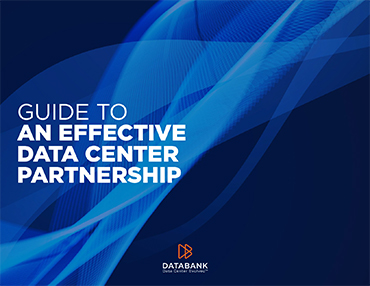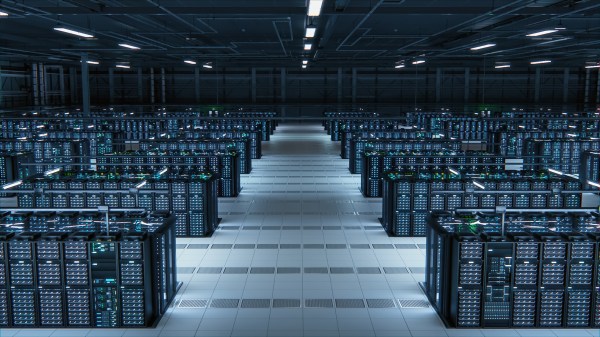If your organization needs access to a data center, then there are essentially three ways you can achieve this. You can build one, you can buy one or you can rent data center space. For most organizations renting is clearly the best option by far. With that in mind, here is a quick guide to what you need to know about the benefits of renting data center space.
Cost-effectiveness
Probably the single biggest reason why renting data center space has become so popular is that it is highly cost-effective. Firstly, businesses avoid the significant up-front expense of building or buying a data center. Secondly, renting data center space can often unlock volume discounts that businesses would not have been able to access on their own.
Even if that were not the case, renting data center space would often still make financial sense as it makes budgeting and, hence, financial planning much easier. When organizations rent data center space, they pay a set price for a guaranteed level of service. If there are any issues with the data center that could impact the service, the vendor resolves them at no extra cost to the client.
Scalability
Another major benefit of renting data center space is that it makes it much easier to scale operations. If an organization builds or buys its own data center, then it will have a fixed amount of space with which to work.
This means that they have to choose between two options, neither of which is ideal. Firstly, they can acquire enough space to accommodate peak operations (and potential growth). They will, however, need to accept that this space is probably going to be underutilized most of the time. Moreover, if their growth does not follow the expected trajectory, they may be left with underused space or be forced to undertake a rapid migration to a new data center.
Secondly, they could acquire enough space to accommodate core operations and use third-party infrastructure to accommodate peak operations and potential growth. This is arguably the better of the two options. It is, however, still far from ideal. It commits the organization to the costs and management load of running a data center. At the same time, it requires them to pay the extra costs of using third-party infrastructure, possibly extensively.
Renting data center space avoids both of these issues. Organizations can simply adjust their use of space in line with their operational needs. This enables them to minimize both over- and under-provisioning.
Access to best-in-class infrastructure
As data center vendors run data centers as their business, they are highly motivated to invest in them. At a minimum, therefore, businesses can expect best-in-class core infrastructure. This means power, climate control, and networking infrastructure.
There are two key reasons why this matters. The first is that best-in-class infrastructure tends to have a high upfront cost but low running costs. With rented data center space, the vendor absorbs the upfront cost. The clients, however, get the benefit of the low running costs.
The second is that best-in-class infrastructure tends to be more sustainable. This is especially true of climate-control infrastructure. Traditional data center cooling systems were notorious for their energy consumption. Some were also notorious for their water consumption. Modern climate-control solutions address both of these issues.
Many data center vendors go beyond this and quickly update their data centers to reflect developments in IT and business. For example, modern data centers are currently moving to support edge computing, AI, and even quantum computing.
Service level agreements (SLAs)
Organizations that run their own data centers take full responsibility for managing them. This means they need to handle everything from employing staff and/or hiring vendors to standard maintenance and troubleshooting. By contrast, organizations that rent data center space can leave most of the management issues to the vendor.
Moreover, it is standard practice for rental contracts to provide guaranteed service level agreements. These set out the vendor’s responsibilities towards the client and the penalties if these responsibilities are not fulfilled.
For example, most data center vendors now guarantee at least 99.999% uptime. This means that their clients have a very high level of reassurance that the vendor’s infrastructure is reliable. Moreover, if there are any issues with it, the client can expect compensation that will offset any expenses they incur as a result of it.
Managed services
Most, if not all, data center vendors now offer some level of managed services. In fact, many offer a range of managed services. These can extend from basic remote hands support to complete management of a client’s operations.
Clients are free to use these value-add services as much or as little as they want. For some clients, this is a convenient and cost-effective way to get all the services they need. For others, it’s a reassuring emergency backup to their own staff and/or vendors.







